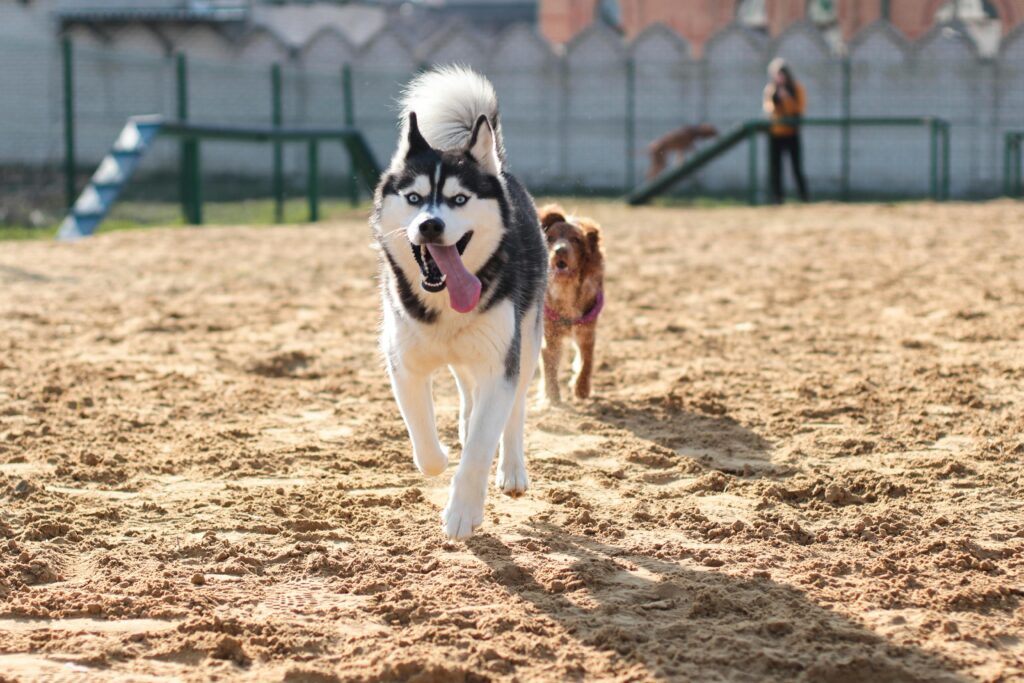Animals are not the only thing that pets are. They are part of the family. Pets can also have skin problems, just like people do. Allergies, parasites, dryness, or infections can all lead to these problems. There are a lot of medicines out there, but some pet owners like natural ones better because they are gentler and frequently safer. Using natural components can make your pet’s skin feel better, stop itching, and even mend wounds. This post will teach you about the best natural ways to treat common skin problems in pets. You may simply do these things at home for both dogs and cats.

Pets often have skin problems
Itching and Scratching
A lot of pets scratch themselves a lot. It could be because of dry skin, fleas, or allergy to certain foods. If you don’t address it, the skin can get red, painful, or infected.
Hot Spots
Red, irritated regions of skin are called hot spots. They can show up out of nowhere and spread swiftly. Pets typically lick or bite the area, which makes it worse.
Dry and Flaky Skin
Some pets’ skin gets dry, especially in the winter. Their fur might look dull, and their skin might have flaking on it. This is mainly because there isn’t enough water or nutrients.
Allergies and Rashes
Some pets are allergic to grass, dust, food, or even some shampoos. Red rashes, hair loss, or swelling are common signs of allergies.
Now let us explore natural remedies that can help with these issues
Best Natural Remedies for Pet Skin Care
Coconut Oil
Coconut oil is one of the most suitable natural ways to cure pet skin. It has good fats and can kill bacteria. It helps with dryness and itching when you put it on your skin.
You can rub a small bit into the area that hurts. It also works nicely on dry noses and paws. Adding a little bit to your pet’s diet may also assist their skin from the inside out.
Oatmeal Baths
Muesli calms skin that is itchy and inflamed. You can mix ordinary oatmeal that has been ground into a fine powder into warm bathwater. Let your pet sit in the water for 10 to 15 minutes. This helps the skin relax and lowers inflammation.
Baths with oatmeal are great for pets that have rashes or allergies. After the bath, make sure to rinse your pet well.
Aloe Vera Gel
People know that aloe vera cools the skin. It helps wounds, burns, and skin infections recover. Kindly use aloe vera gel that is 100% pure and doesn’t have any chemicals or alcohol in it.
Put a small coating on the area that hurts. It will help calm the itching and speed up the healing process. But don’t let your pet lick it, because it could make their stomach upset.
Apple Cider Vinegar
Apple cider vinegar can kill germs and fungi. Put equal quantity of apple cider vinegar and water in a spray bottle. Lightly spray it on skin that is itchy or inflamed.
This is a fantastic way to treat flea bites or fungal diseases. But don’t use it on exposed wounds because it can hurt. Always try a small area first.
Chamomile Tea Spray
Chamomile tea can help with inflammation and calm you down. Make a concentrated cup of chamomile tea and let it cool down. Put it in a spray bottle and spray it on the regions of your pet’s body that are itchy.
You can also use cooled tea bags to soothe painful or inflamed skin. This is a mild technique to make pain go away and redness go down.
Fish Oil Supplements
Fish oil has a lot of omega 3 fatty acids in it. These vitamins and minerals are good for the health of your skin and coat. Adding fish oil to your pet food can help with dryness and itching over time.
Choose a pet-safe product and follow the directions for how much to give. It also makes your pet’s fur shinier and better.
Calendula Oil
Marigold flowers are used to make calendula oil. It helps wounds heal and lowers swelling. You can put a few drops on the area that hurts once or twice a day.
Calendula is safe and friendly for pets. It’s helpful for small cuts, bug bites, or skin diseases.
How to Prevent Skin Problems Naturally
Regular Grooming
Brush your pet often. It gets rid of debris, loose hair, and keeps hair from matting. It also helps you spot skin problems early. Use a soft brush that works with your pet’s coat type.
Proper Nutrition
Eating well is the most important thing you can do for your skin. Give your pet high-quality food that has enough protein and healthy fats. Don’t give them too many treats or processed foods.
If your pet is allergic to certain pet foods, you may like to try a limited ingredient diet or grain-free food.
Hydration
Make sure your pet gets enough water. Dry and flaky skin might happen when you don’t drink enough water. Make sure there is always a clean basin of fresh water.
Use Natural Shampoos
A lot of pet shampoos involve ingredients that are bad for the skin. Use a mild, natural shampoo that has oatmeal, aloe vera, or chamomile in it. Stay away from goods that have fake colours or fragrances.
Keep Bedding Clean
Use a gentle detergent to wash your pet’s bedding on a regular basis. This helps get rid of dirt, dust mites, and other things that can make your skin itch.
To keep fleas and bacteria away, you should also hoover the area where your pet rests.
When to See a Vet
Natural remedies can assist, but some skin disorders may need to be looked at by a doctor. You should take your pet to the vet if their skin doesn’t get better after a few days or if you detect indicators like open sores, continuous scratching, or hair loss.
If you have skin diseases, mange, or bad allergies, you need to see a doctor for the right diagnosis and treatment. Natural care can help with recovery, but it can’t take the place of professional care when it’s needed.
Conclusion
Using natural treatments and remedies to take care of your pet skin is a safe and effective way to deal with a lot of common problems. Coconut oil, oats, aloe vera, and chamomile are some of the soothing and healing ingredients.
By following these natural tips and keeping up with your pet’s health, their skin and coat will look better. Always watch for changes, and if things don’t get better, see a vet. Every day, your pet should be comfortable, healthy, and loved.



